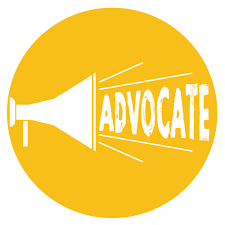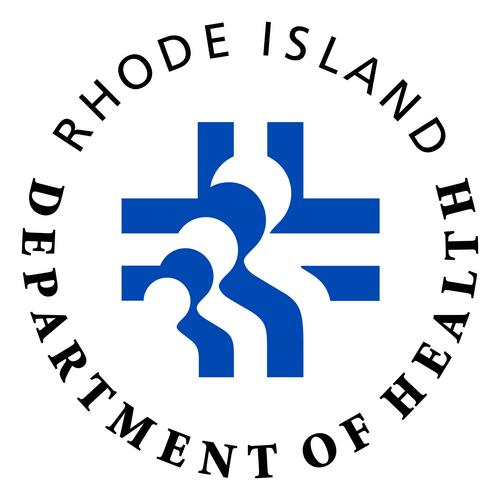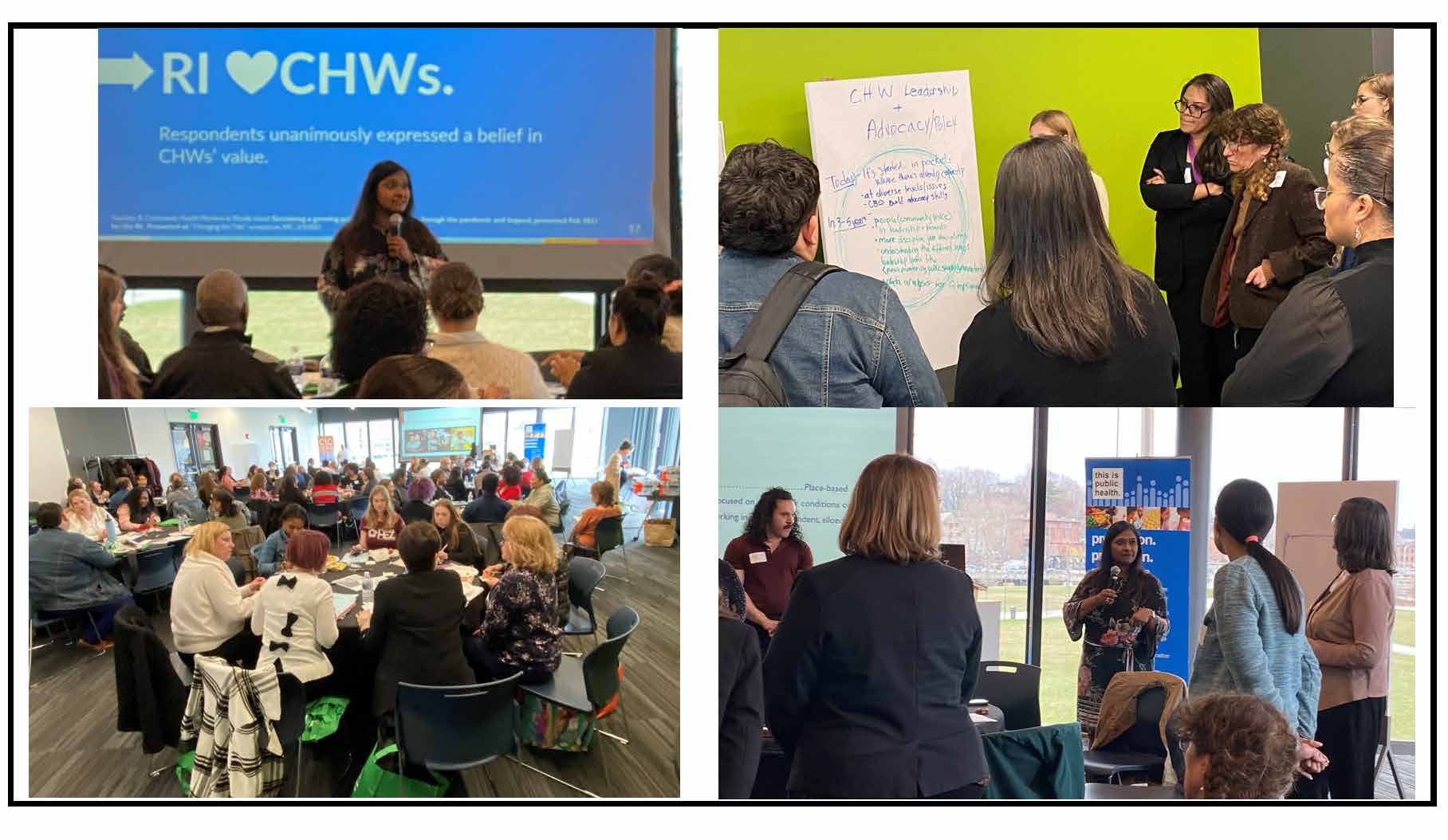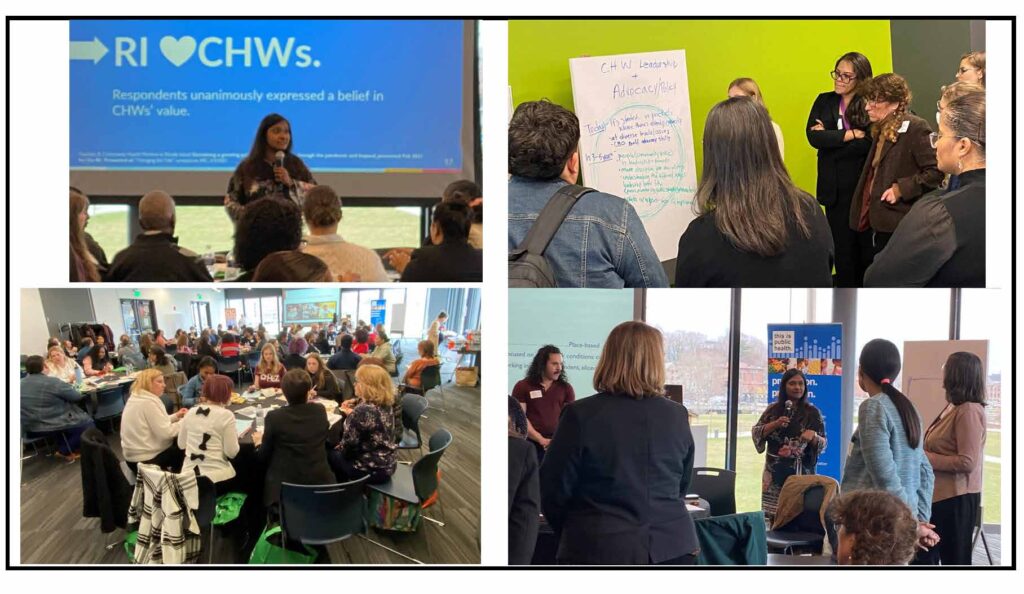
Tomorrow, Tuesday, April 2nd starting at 4pm, a major bill concerning CHWs will be heard at the RI State House.
Currently, CHW services are not billable to private insurance which leaves CHWs mostly funded by grants or Medicaid. This is not sustainable and many grants will end this year! In addition to giving more patients access to vital services, passing this bill (S2606, Sponsored Senator DiMario) would provide more of the job security CHWs deserve!
There are two urgent ways to advocate!
1. Testify in person!!!! The session will open at 4pm on 4/2 in the Senate Lounge at the RI State House (accessible by busses 50, 55, 56 & 57!) Be heard! General Assembly members will welcome testimony from CHWs and medical providers. You would be able to speak to lawmakers for three minutes!
Logistics: Be there by 4pm and prepare for a long night as the timing of hearings can be unpredictable. Sign-up sheets to testify are usually posted on a table outside the hearing room. Look for Lina Roman, CHWARI’s Bilingual Program Coordinator, near the sign up sheet. Thank you to her and to all CHWs and allies who can make the trip!
Address is: 82 Smith St, Providence, RI 02903. Enter your location here to find a bus route. Ample free parking can be found in the RI Dept. of Health Parking Lot after 3 PM.
2. Write an email! Due by Tuesday 4/2 at 3pm – Write a letter expressing your support. Details on what to include and where to send are on page 2 of this alert compiled by the Washington County Children’s Coalition.
Let’s pass this important legislation together!
Read the full details of bill RI S2606.
See Senate Agenda here.
See a thoughtful alert created by the Washington County Children’s Coalition spelling out their reasons for supporting these bills and details on how to advocate.














